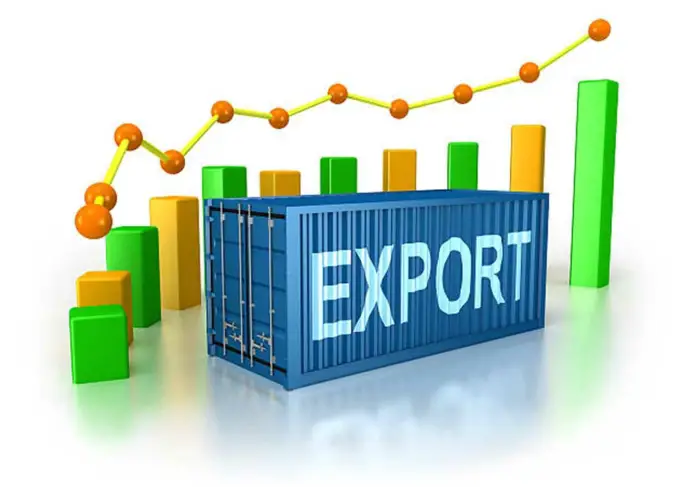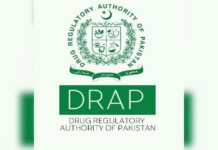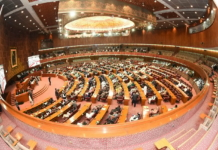Pakistan finds itself grappling with severe financial challenges ensnared in the web of debts. To extricate itself from this predicament, the country’s political and military leadership has joined forces, with the IMF providing a critical lifeline. While it’s acknowledged that economic issues cannot be resolved overnight, there are strategic steps that can chart our course towards recovery.
Economic experts unanimously agree that reducing the import bill and ramping up exports are imperative for Pakistan’s economic revival. But how can this be achieved? Concrete action plans need to be devised aligning with a vision that steers us towards vital sectors such as agriculture and beyond. Drawing inspiration from past successes, there are promising examples to emulate.
The National Agricultural Research Centre for instance has developed a special variety of bananas with an extended shelf life offering a lucrative export opportunity. Similarly, the introduction of “Green Super Rice” by Pakistani agricultural experts boasts both high yields per acre and exceptional quality positioning it among the world’s finest rice varieties.
Turning our attention to olives regions like Balochistan, Potohar and Khyber Pakhtunkhwa possess ideal conditions for olive cultivation. Despite Pakistan’s olives being renowned for their superior quality, their export potential remains largely untapped.
Additionally, Pakistan’s agricultural ingenuity extends to unique varieties like “G1 Garlic” prized not only for its size and flavour but also for its export potential particularly to markets like China. However, farmers face hurdles in reaching alternative markets beyond local bazaars.
Addressing local industries is equally crucial. While Pakistan’s carpets are in demand globally reliance on Iranian imports threatens the domestic carpet industry’s sustainability. Similarly, Pakistan’s steel industry has made strides in markets like the US and Europe yet other handicrafts struggle to penetrate these markets.
Reviving Pakistan’s small-scale industries is paramount. Establishing industrial zones in cities like Gujranwala and Sialkot coupled with uninterrupted power supply can bolster these sectors.
Moreover, leveraging geographical indications (GIs) can enhance the marketability of Pakistani products globally. Efforts to register 200 GIs, including Basmati rice and Khewra Pink Rock Salt signify a step in the right direction. However, facilitating access to international markets through trade exhibitions is essential for effective marketing.
Events like trade fairs organized under the auspices of organizations like BRIKS Association offer platforms to connect Pakistani entrepreneurs with global markets, fostering trade, investment, technology transfer and cultural exchange. Participation in such events holds immense potential for bolstering Pakistan’s economy.
The path to economic prosperity for Pakistan hinges significantly on expanding exports. By embracing a comprehensive strategy that harnesses the nation’s agricultural prowess, nurtures local industries and capitalizes on global trade opportunities, Pakistan can pave the way for sustainable economic growth and resilience.







